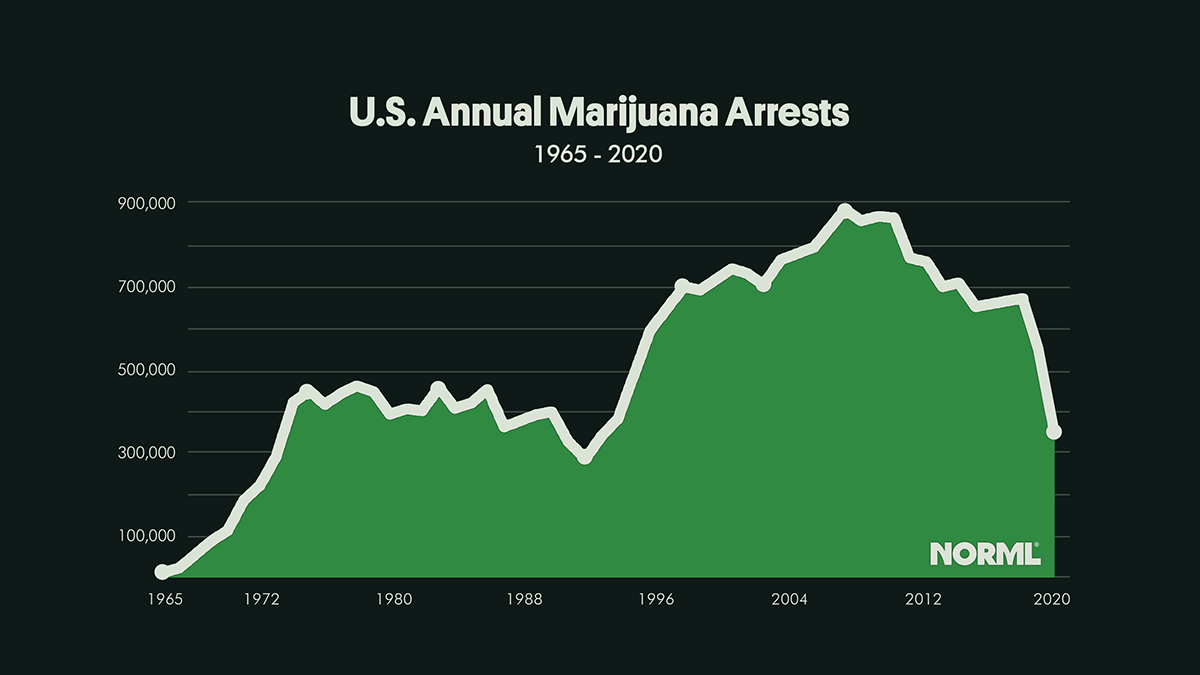Written by Richard Grucza, PhD, MPE, associate professor in the Department of Psychiatry at the Washington University School of Medicine

My colleagues and I have long been interested in policies that restrict young peoples’ legal access to alcohol and tobacco. We’ve learned that restricting drinking or smoking during the teen years has long term benefits such as preventing addiction to these substances later in life. The logical conclusion to be drawn from our work, and that of many others, is that keeping addicting substances out of the hands of young people should be a top public health priority.
As the possibility of marijuana legalization has become part of the public discourse over the last decade, friends and colleagues have asked my opinion about this issue. Initially, I was vehemently opposed. It would only increase problems among youth, I argued, and worse yet, would introduce a whole new industry whose profitability relied on getting people hooked on their product. I’m less certain about that position now.
My change of mind came about both through understanding more about marijuana and by broadening my definition of public health.
The prevention of physical and mental disease is a primary goal of public health. But a wellness-based approach must consider other important life outcomes. When it comes to drug policy, we need to think about the criminal penalties imposed on users, and how they create serious impediments to wellness: loss of educational opportunities, unemployment, incarceration, and other restrictions on liberty. These are not just risk factors for poor health, but important prevention targets in their own right. A broad view of public health and wellness will weigh the consequences of legalization against the consequences of prohibition.
I don’t dispute that marijuana addiction can occur and can be accompanied by significant psychological and social consequences. Chronic heavy use can contribute to persistent short-term memory impairment. Intoxication increases risk for motor vehicle accidents, though likely not to the same degree as alcohol. Marijuana is a suspected contributor to a number of other health problems, but in many cases, the jury is still out on the issue of cause-and-effect.
On the other hand, we are certain that the legal status of marijuana is a direct cause of life-altering consequences for many users. Even without incarceration, arrests and criminal records have serious repercussions. Those who lean toward the legal status quo will argue that these deterrents are necessary for the protection of vulnerable adolescents. Yet many of our punitive policies are aimed directly at minors. How can it be argued that revocation of educational opportunities promotes adolescent public health? How about removal of driving privileges as punishment for minor drug offenses—even those unrelated to driving—for those under age 21? This is an inconvenience for suburban teens, but it means the difference between employment and unemployment for young heads of households. Yet somehow we continue to shorten educational careers, take away jobs, and impose criminal records on adolescents for their “protection.”
(In the interest of brevity, I won’t elaborate on the harm done by the “troubled teen” industry which has subjected countless teen drug users—many without serious addiction problems—to abusive “treatment” practices. But it is worth mentioning that these were not always fringe programs, and at one time had the blessing of leading political figures and drug treatment experts.)
We also need to consider the gross disparities in drug law enforcement that have been amply documented in the scientific literature, popular books, and documentaries. The magnitude of these disparities is as large for minors as it is for adults. For many of us, our kids won’t be the ones whose lives are affected by these policies, but we can’t let that make us complacent.
Much of the public discussion of marijuana policy involves a false dichotomy: commercial legalization versus criminalization and prohibition. There is ample middle ground between these options. Prohibition of marijuana sales, or other strong policy controls on supply do not require criminal penalties for users. In my own conversations, I’ve yet to encounter a single person arguing in favor of continued criminalization. In fact, this has been the expert consensus for nearly 50 years. Over a dozen government-commissioned reports in the US and other developed countries have concluded that criminalization of marijuana is more harmful than the substance itself.
Why then, does criminalization persist? “Bureaucratic inertia” is often used as a euphemism for “financial incentives.” This is not to invoke conspiracy theories or to impugn the motives of those who enforce our current laws. But it is a simple fact of life that when billions of dollars a year are spent enforcing a policy, tens of thousands of jobs depend on the continuation of that policy. Those of us in the public health and research communities also need to examine our own roles. As we continue to research the possible harmful effects of marijuana, we also need to remind ourselves and the public that we are only looking at one side of a two-edged sword. The professional societies we belong to support drug policy reform, but 50 years of federal policy stagnation shows that we need to be much more outspoken about the problems associated with criminalization.
Decriminalization and commercial legalization are two separate issues, but they’ve become conflated in the public’s mind, and often are the two policy options between which citizens have to choose.
I’ve come to believe that the public health harms associated with criminalization are greater than those we would experience under well-designed legalization.
Many of my colleagues disagree, and I respect that, but we should all support the less conspicuous, but very active movement toward decriminalization. Marijuana may soon be decriminalized for most U.S. residents. We should not stop with marijuana. Punishing drug users is bad public health policy. Punishing those addicted to drugs is even worse. If addiction is a disease, it cannot also be a crime. All of us, but especially drug abuse researchers need to state this clearly, conspicuously, and often. Otherwise, we may be pursuing grant money, but we cannot claim that we are pursuing optimal public health.
